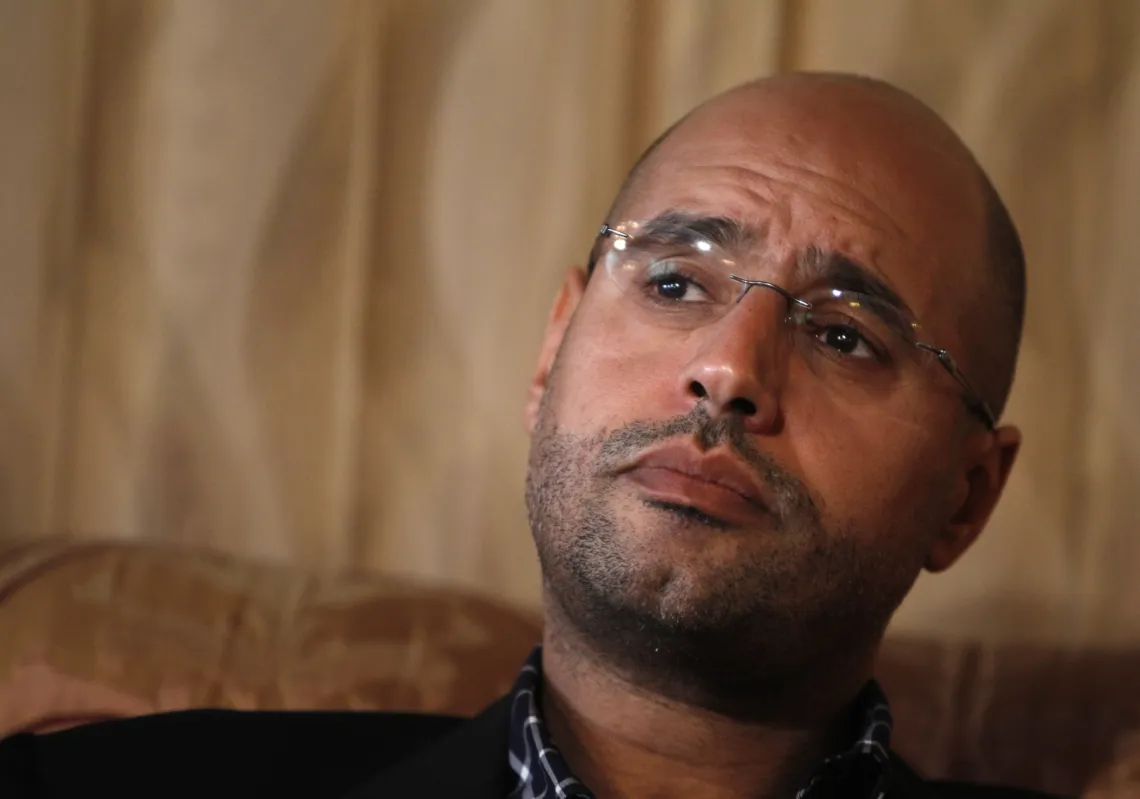It is during times of financial crisis that trade liberalization comes under the most scrutiny. Fearing competition during times when the market is difficult often leads to claims that protectionism is the solution to the harsh conditions at hand. In the field of economics, however, Jagdish Bhagwati has dedicated his career to proving that the opposite is true.
A maverick at heart, Bhagwati understands that his take on liberalization policies is at times unpopular, but he is never afraid to voice his opinion on the subject. ‘I have been alone, but I hang in there… Usually the world comes around.’ Equipped with passion and sarcasm (no doubt a legacy from his days spent in England), Professor Jagdish Bhagwati’s work has been at the forefront of trade liberalization research.
With over three hundred publications on the subject, Bhagwati is renown for his various theses on the benefits of liberalization, with his latest book, In Defense of Globalization, attracting international acclaim. Yet Professor Bhagwati is not just another academic preaching from an ivory tower. In addition to his position as Professor at Columbia University, Bhagwati is also a Senior Fellow in International Economics at the Council on Foreign Relations. Having been described as the most creative international trade theorist of his generation, his academic and policy achievements have made him a leader in the fight for free trade.
Bhagwati was born in Mumbai in 1934 although he pursued his undergraduate degree in Economics at Cambridge University’s St. John’s College. After receiving his degree in 1956, he pursued a doctorate in Economics at the Massachusetts Institute of Technology in the US. Once he completed his degree he returned to his native India to teach at the Indian Statistical Institute, and at the Delhi School of Economics. Although he later left India to teach at MIT and Columbia University, an important portion of his research focused on the economics of his home country. Now, at 76 Bhagwati’s accomplishments have put him on the shortlist of candidates for the Nobel Prize in Economics.
Bhagwati’s research is not only commendable for its insight, its also respected for his commitment to defend his ideas in the face of its staunchest critics. His book In Defense on Globalization has been described as a point-by-point response to the questions that critics of liberalization have posed. In an interview with Reason magazine Bhagwati explained that an important objective of this book was, in fact, to address to the concerns that people have of globalization.
‘When I was in Seattle in 1999, when everything went haywire as far as trying to get a new round of trade negotiations, I realized that people who were agitating… were not interested in whether trade was good for national income and prosperity. They were claiming that globalization has an adverse affect on social issues… they were concerned globalization lacked a human face.’
In this book, Bhagwati manages to demonstrate that liberalization can have positive effects on the lives of individuals. One of the many examples In Defense of Globalization provides is how liberalization helps reduce the gender gap in wage inequality. In managing to demonstrate both the macroeconomic benefits of liberalization, and providing the public with the type of reassurance they demand from proponents of economic reform, Bhagwati sets himself apart from other academics in the field of economics.
In fact, this is probably what has made him such a popular professor at Columbia University. Students there explain that beyond his contribution to high-level research, it is his ability to simplify complicated results that make his courses so coveted. An example of this skill is his breakthrough contribution to trade theory. If in previous interviews he has described his theory as “simple” it is only because he has the ability to distill key information from complicated economic processes in a way that makes his conclusions appear self-evident. His theory explains that for a long time free trade was criticized because protectionists argued that the benefits of free trade only existed when markets were perfect—that is, only when they reflected true social costs could prices guide allocation correctly. His research proved that instead of discarding trade when the market wasn’t perfect, what you could do was ‘fix the market’ so it reflected costs accurately.
Bhagwati’s ability to explain his research in a comprehensible way is undoubtedly an important advantage for this free-trade defender. By making his research approachable he has made himself the right-hand man to many policy makers and international organizations responsible for developing trade policies. In addition to his position at the Council on Foreign Relations and at Columbia University, Bhagwati’s position as an economic policy advisor to the Director General of the GATT, a special advisor to the UN on globalization, an external advisor for the WTO, and an academic advisor to Human Rights Asia speak to his ability to cooperate with the policy-making sector.
Despite Bhagwati’s reputation as a vanguard of liberalization, he does not associate himself to any established political or ideological label. Rather, this fiery man told to the New York Times that he preferred to consider himself ‘a public nuisance’, that is, someone who challenged established policies and picked apart conventional beliefs.
Politically difficult to pinpoint, his critics actually claim that as an economist his recommendations are also inconsistent. Namely, they point to his departures from laissez-faire economics, and his opposition to policies such as the enforcement of intellectual property rights in countries like Brazil and India.
Yet, his point of view is not inconsistent, that is, if you can see him as an adherent to a relativist philosophy of economic reform. Bhagwati argues that different countries have different priorities, and it is their needs that should dictate policies like intellectual property enforcement, rather than adhering to blanket policies on the subject. Whatever label his followers and critics may bestow upon Dr. Bhagwati, all we can be sure of is that his policy recommendations are based on the belief that together democracy and free-trade can encourage both growth and social reform.







